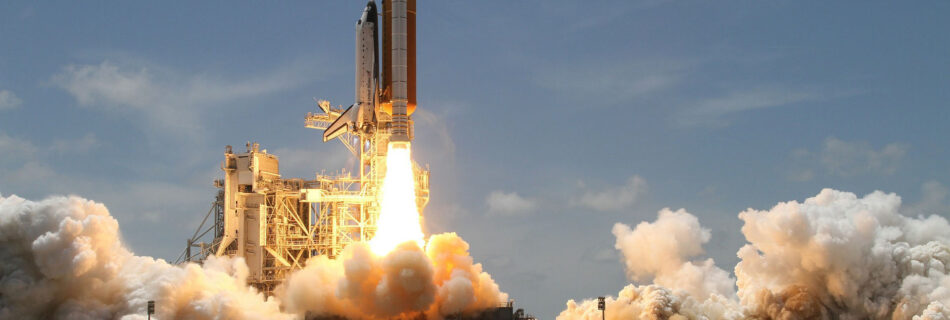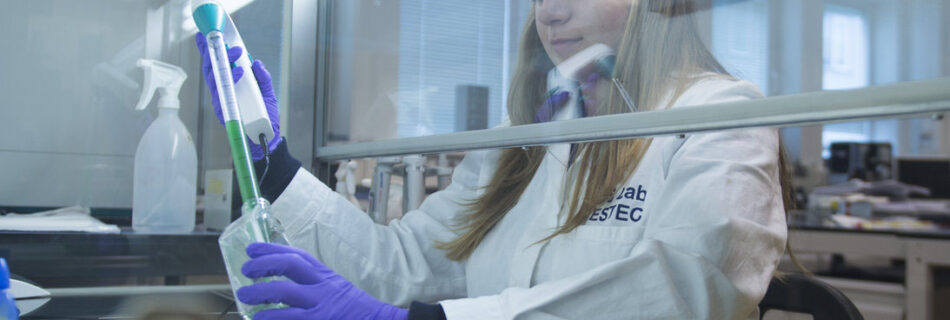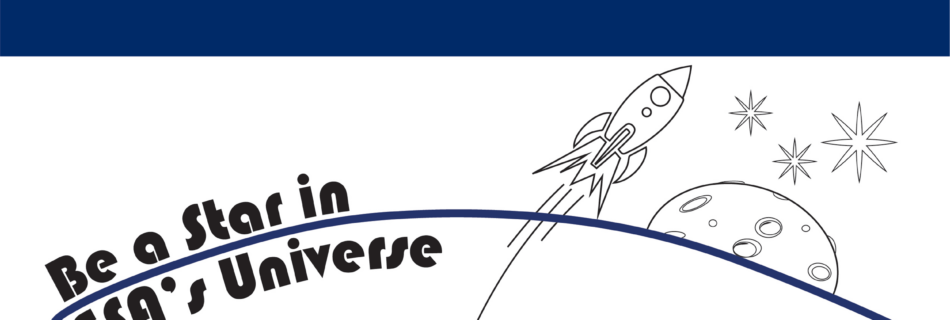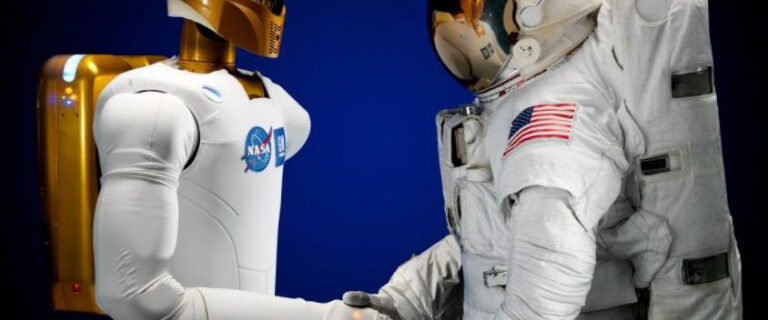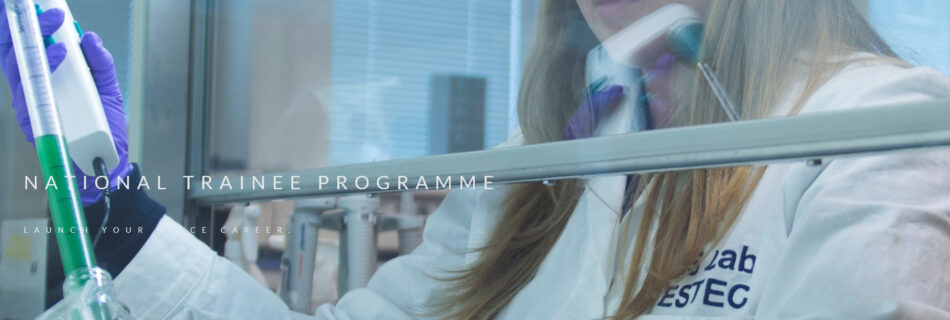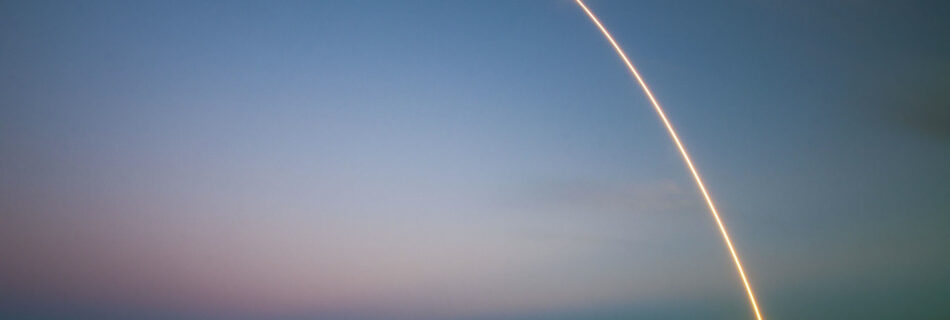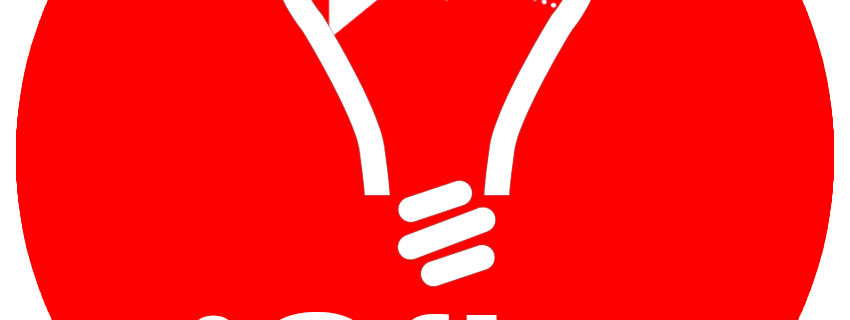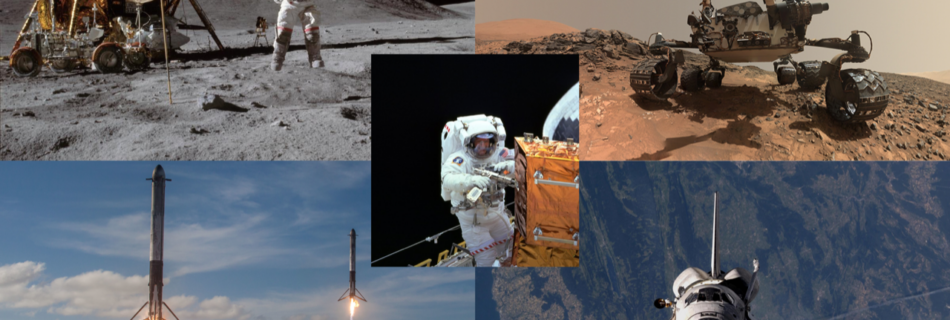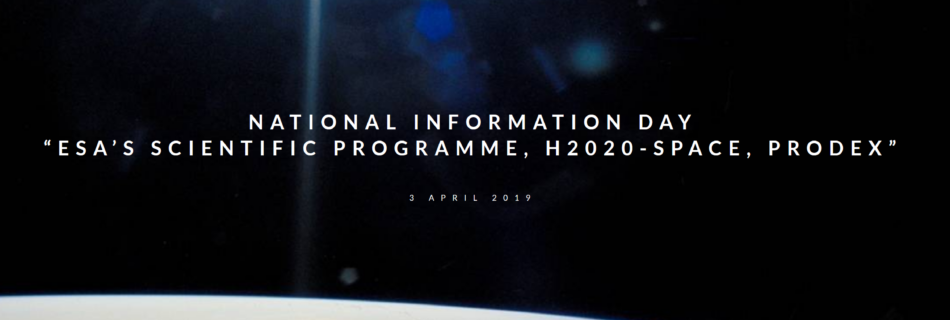Our Annual Assembly 2020 will take place on the 8 December 2020 in order to present our projects and activities of the past year and give an outlook on the projects planned in 2021. This year, the event is open to our members only.
Read MoreCommunity
ESA Young Graduate Trainee positions are open !
ESA has opened more than 100 positions for Young Graduates. Registration deadline : 15th of December.
Read MoreBe a Star in ESA’s Universe
Join our space career events “Be a Star in ESA’s Universe” : 5. November 2019 @ HE-Arc, Neuchâtel / 6. November 2019 @USI Lugano / 7. November 2019 @University of Zurich
Read MoreSSC Annual Assembly
Join us at our Annual Assembly at the Rolex Learning Center in Lausanne, 3 December 2019
Read MoreWorkshop “AI for Space – Why, where and how ?”
Register to our new Continuing Education workshop, taking place on the 8-9th of October at EPFL, Switzerland.
Read MoreNational Trainee Programme 2019
Call for application for the National Trainee Programme 2019 is open until 17 June, 1pm. Discover the 15 open positions now !
Read MoreContinuing Education “Non Destructive Analysis for Space”
Register to our Continuing Education workshop on the 5th of June in Dübendorf, in collaboration with Empa.
Read MoreCall for Ideas 2019
Call for proposals – the Call for Ideas 2019 is open from March 11th until April 8th 2019.
Read MoreMOOC Space Mission Design and Operations
Register now for the MOOC Space Mission Design and Operations with Prof. Claude Nicollier starting on 13 March 2019.
Read MoreNational Information Day “ESA’s scientific programme, H2020-SPACE, PRODEX”
3 April 2019
Read More